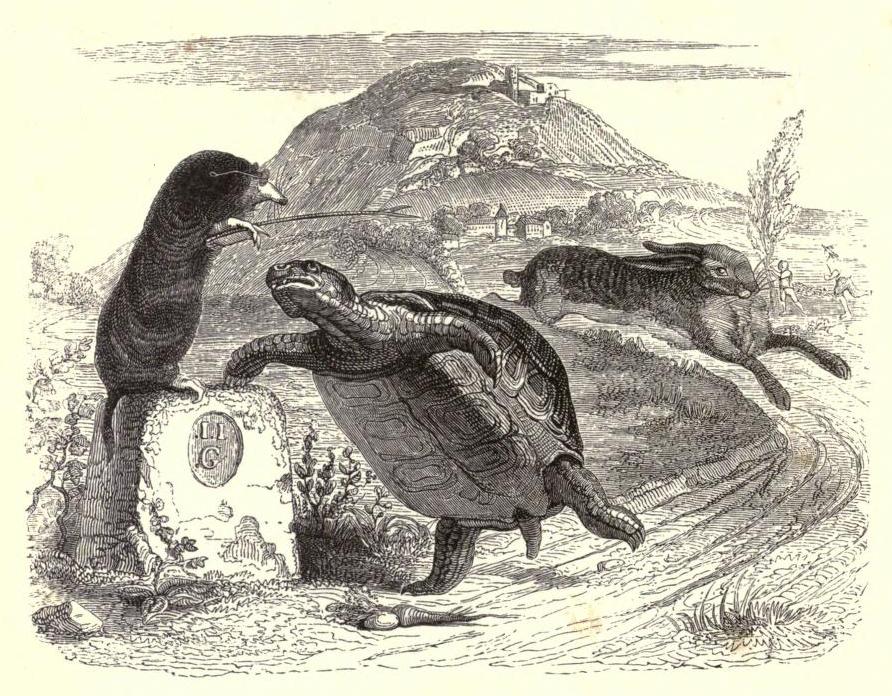When you’re a teenager, it seems like nobody understands you. And once you’re finished being a teenager and get to observe them as an adult, you have to wonder what on Earth is going through their heads. In my new column for Discover, I gingerly step into the teenage mind, exploring what neuroscientists are learning about how their brains work. Teenagers may do things that seem crazy and/or stupid, but that doesn’t mean they themselves are crazy or stupid. The teen years turn out to be a unique phase of mental life, when we tally up the rewards and costs of our choices with a kind of math that you won’t find in the heads of children or grownups.Check it out.
Originally published March 25, 2011. Copyright 2011 Carl Zimmer.
